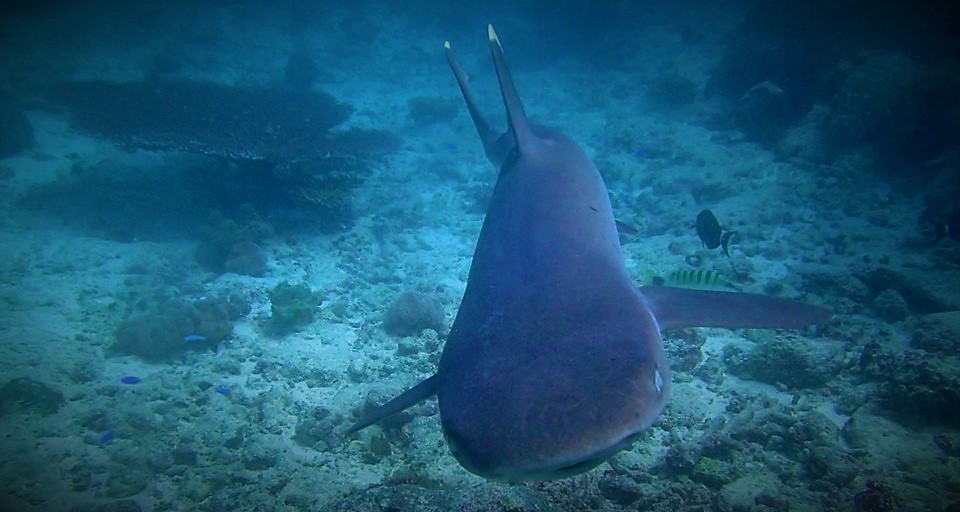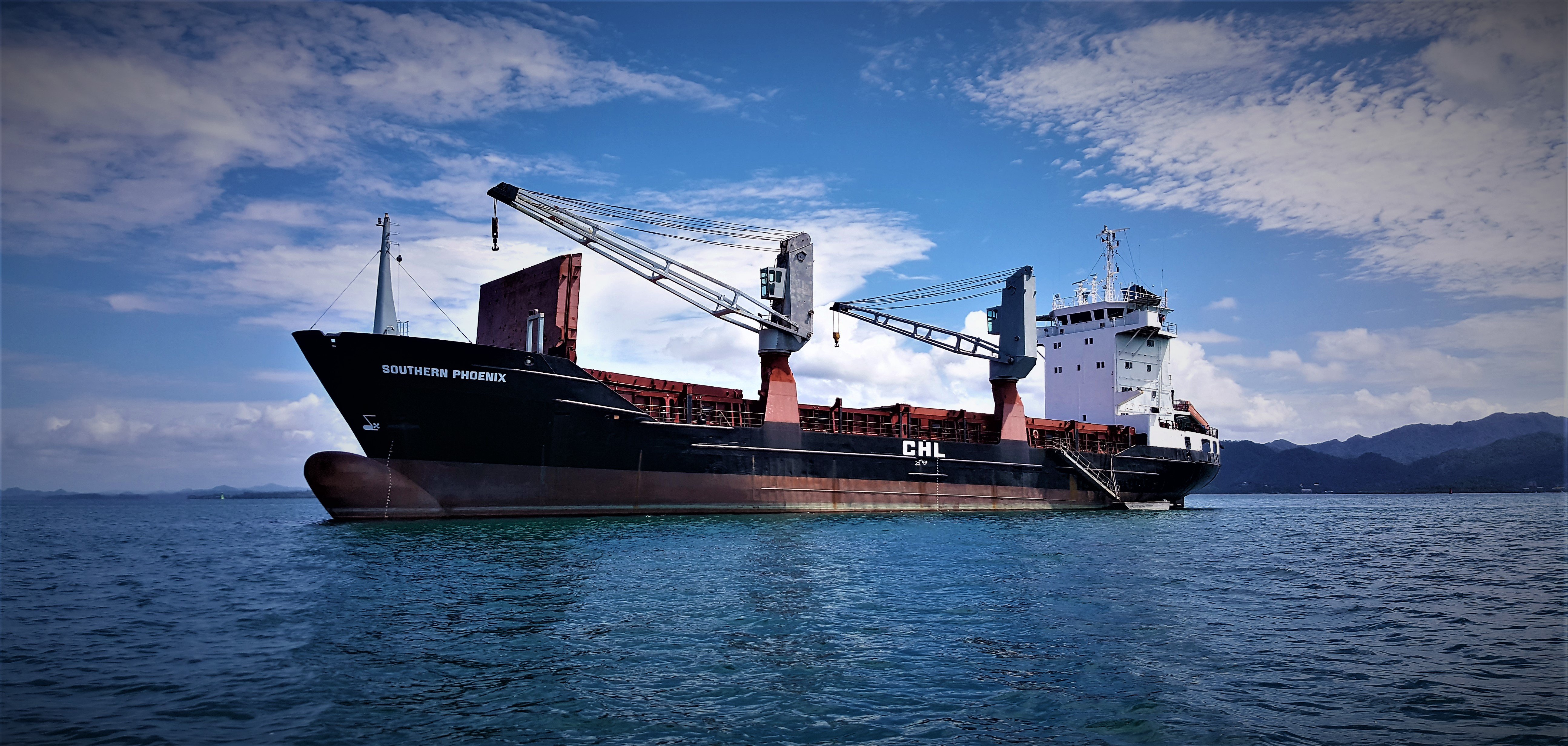Pollution in our oceans is a major cause for concern as it damages the marine environment that we depend on.
Sources of marine pollution are diverse and include pollution from:
- Ships
- Land-based activities such as industrial, agricultural and household wastes
- Overuse of plastics and their careless disposal
- Dumping of wastes at sea, and
- Off-shore activities such as deep sea mining - the effects of which seem to be unknown at this point in time.
In the Pacific region, the shipping industry is a vital means of transportation and trade. However, pollution from the shipping industry in Fiji has recently become a trending topic as pictures surfaced on social media showing a ship engaged in deliberately pumping of oil into the Suva harbour. This story was covered in Fiji's press including in this Fiji Times article
About the Fiji Marine Pollution Law Series
In this bulletin we consider Fiji’s national laws and the relevant criminal offences in relation to different types of marine pollution from ships. We note but do not consider in this bulletin the additional International laws that prohibit dumping of waste and other hazardous materials at sea and also regulate oil spillages from ships and other vessels.
In further legal bulletins as part of the Fiji Marine Pollution Law Series we will consider the law in relation to marine pollution arising from:
- Industrial sources; and
- Household waste
We will also consider in a further legal bulletin the high duty of care that polluters may owe to those who suffer damage as a result of marine pollution and hence the potential civil liability of polluters in the common law of negligence and nuisance. This is a separate and cross cutting legal question because in common law jurisdictions like Fiji the polluter owes a high duty of care to avoid causing likely harm to others regardless of whether the polluter is a ship, industrial facility, commercial entity or individual.






